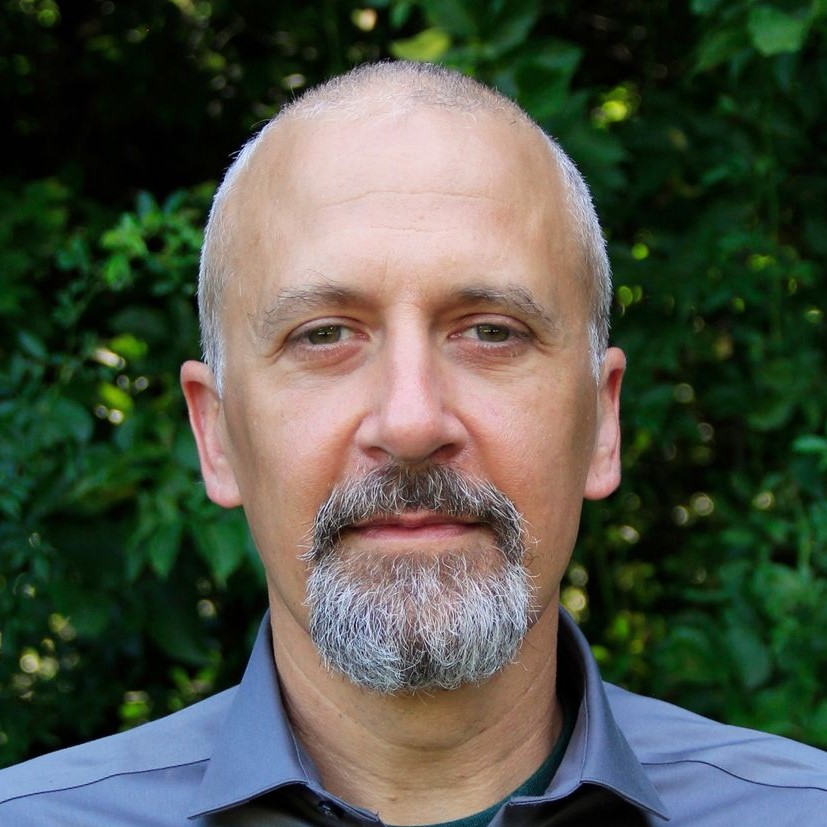Originally published in Issues in Science and Technology.
Imagine you’re a postdoctoral researcher in a nonempirical discipline, and you draft a paper with conclusions contrary to the dominant normative beliefs of most of your field’s senior scholars. Despite your confidence in the article’s rigor, you may be apprehensive about submitting, lest it get mired in critical peer review or—even worse—you develop a reputation harmful to your career. The safe course would be to remain within the boundaries of the accepted range of discourse, not submitting the draft.
The evaluation—actual or merely feared—of scholarship based in part on its congruency with prevalent assumptions and politics has led to accusations that some nonempirical disciplines are vulnerable to groupthink and cycles of fashionable leading theories. This is troubling, both because of the increasing political homogeneity of these fields’ members and because output in these subjects can improve the understanding of society
Researchers in empirical fields may believe that their research is not so vulnerable. Of course, empirical research is generated and assessed by humans with prejudices and desires, both conscious and unconscious, and has never been fully immune to biases and recalcitrant dominant paradigms. Yet political debates can and sometimes do infringe on scientific processes in ways that are more systematic and widespread, and carry greater risks, than the occasional biases of individual researchers and reviewers.
Keith Kloor draws attention to such a phenomenon in the natural sciences. He describes how the vigilant monitoring of science for its political implications is strongest in “highly charged issues,” especially climate change. One way in which such policing of the climate change discourse is most evident is the expanding application of the “climate change denier” label. In recent years, the smear has been levied at a growing cohort: from those who are appropriately skeptical of some conclusions within climate science; to those who emphasize the high expected costs of dramatically abating greenhouse gas emissions; and to those who note that nuclear power is an essential, reliable, scalable, zero-carbon energy source.
If Kloor is right—and I believe he is—about this Manichean, with-us-or-against-us approach, then papers in line with peers’ political views will be gently reviewed, whereas those outside of them will be more rigorously scrutinized. The obvious consequence will be lower quality scientific output. In the case of climate change, this will likely also result in suboptimal decision making and policies.
The less obvious risks are political. Those who have been labeled deniers may find a more conducive audience for their conclusions among those who fully reject anthropogenic climate change, strengthening the latter constituency. Those who oppose policies to prevent climate change may take advantage of climate scientists’ internecine fractures. Those who approach climate change as novices may be discouraged by the dogmatism.
Given the stakes to humans and the environment, I believe that scientists are obligated to develop lines of inquiry, conduct research, submit articles, and conduct peer review as free as possible from ideological boundaries.
